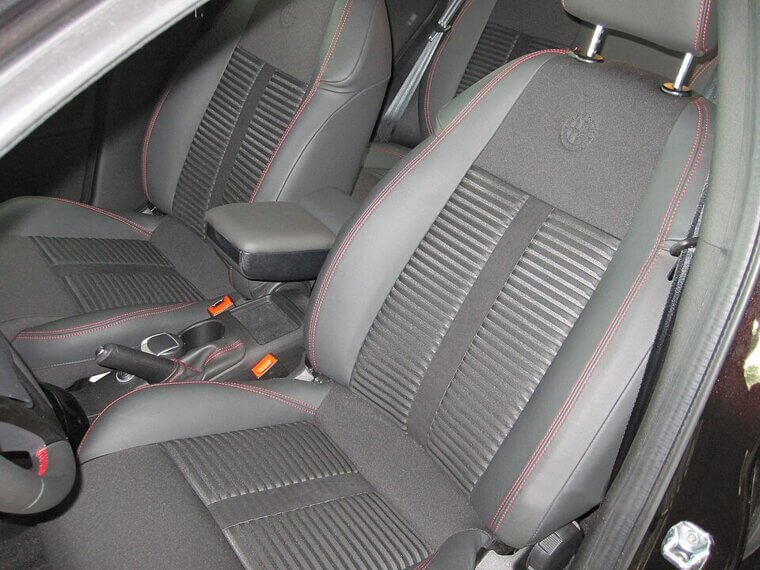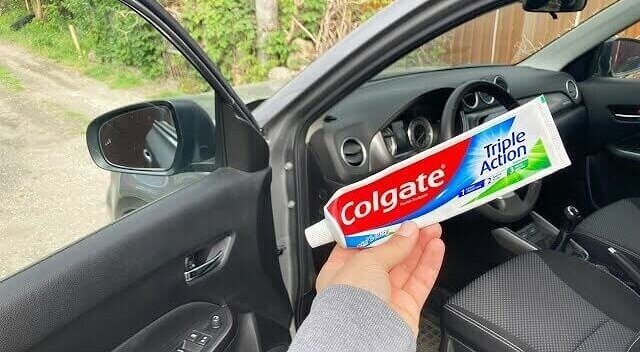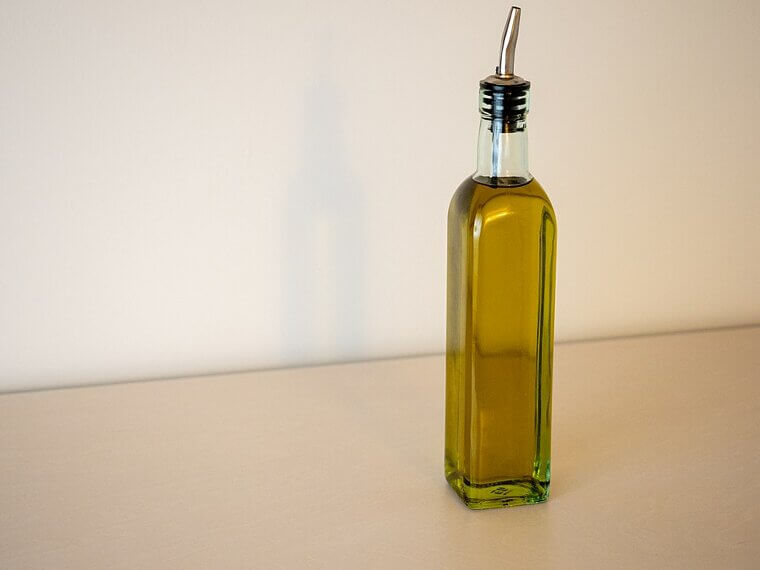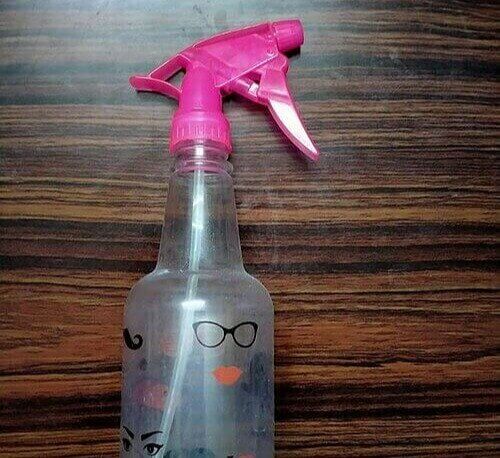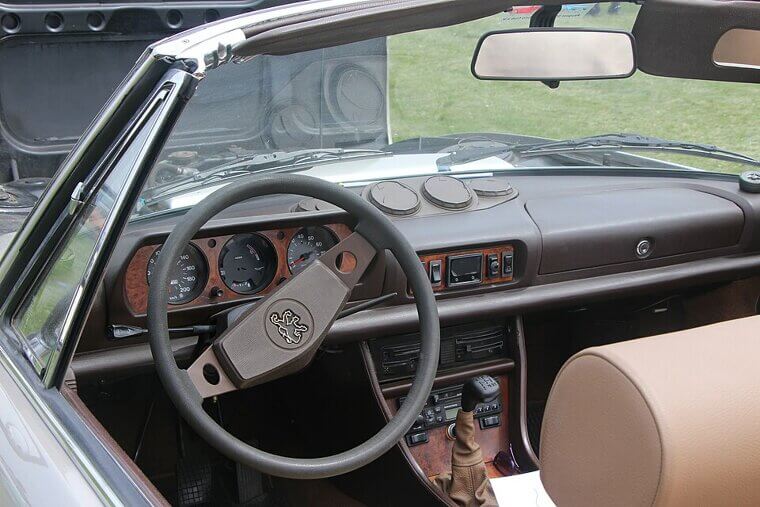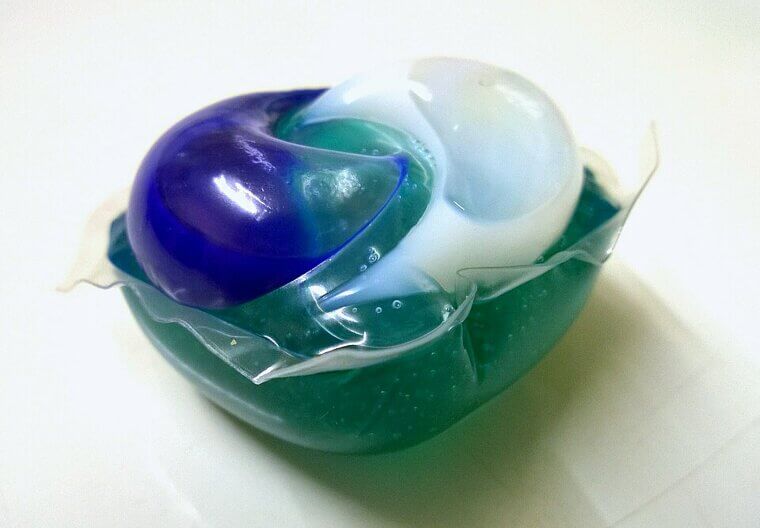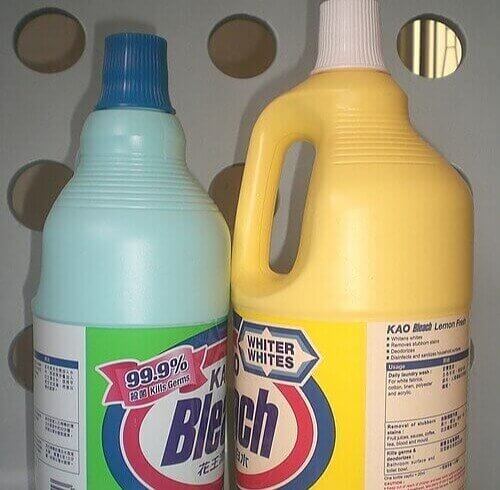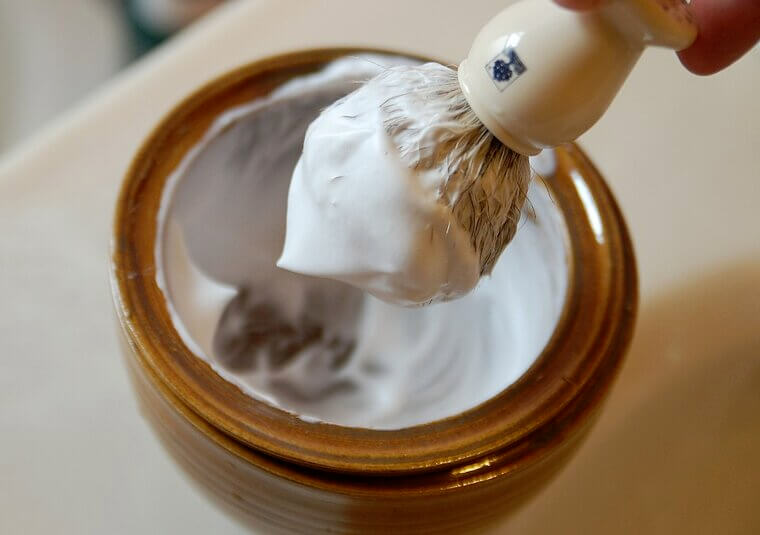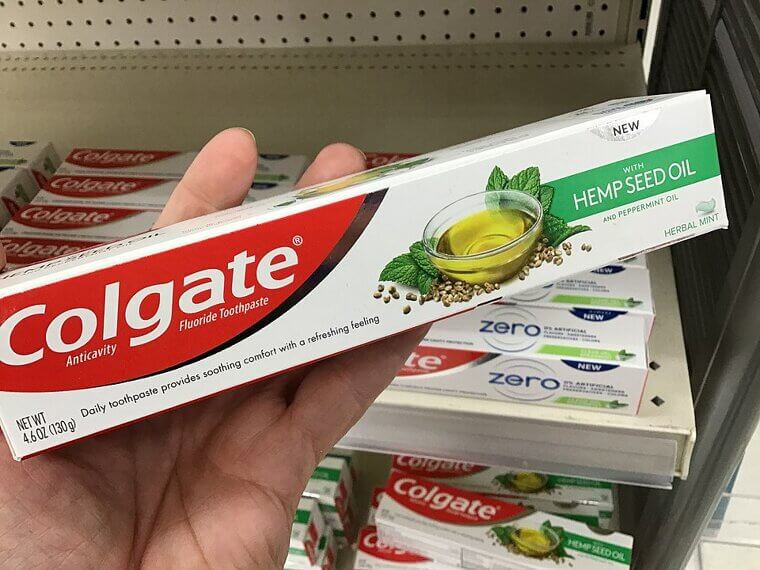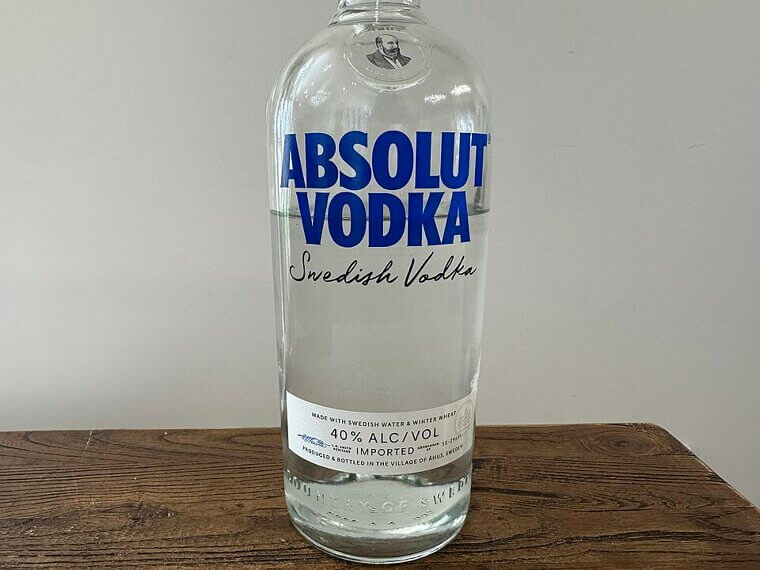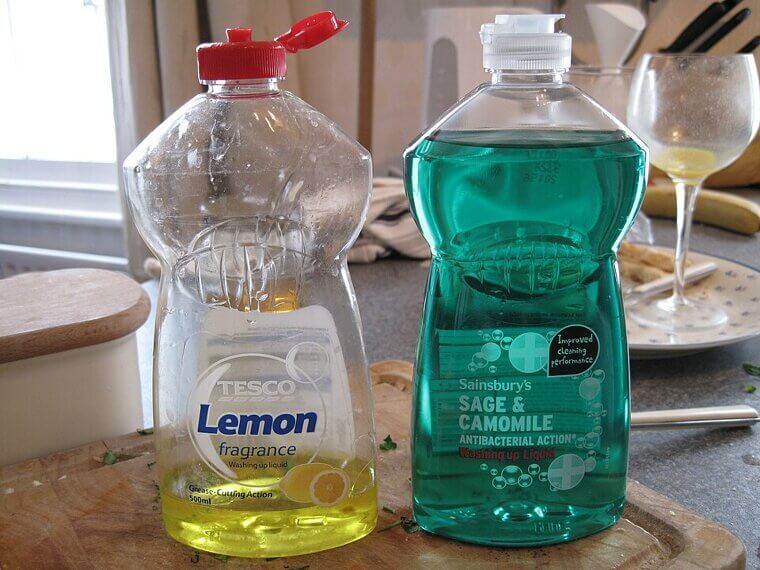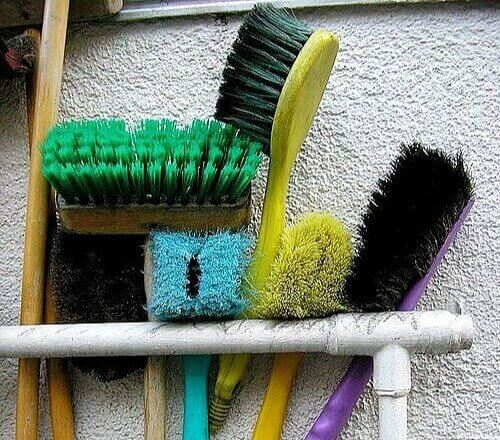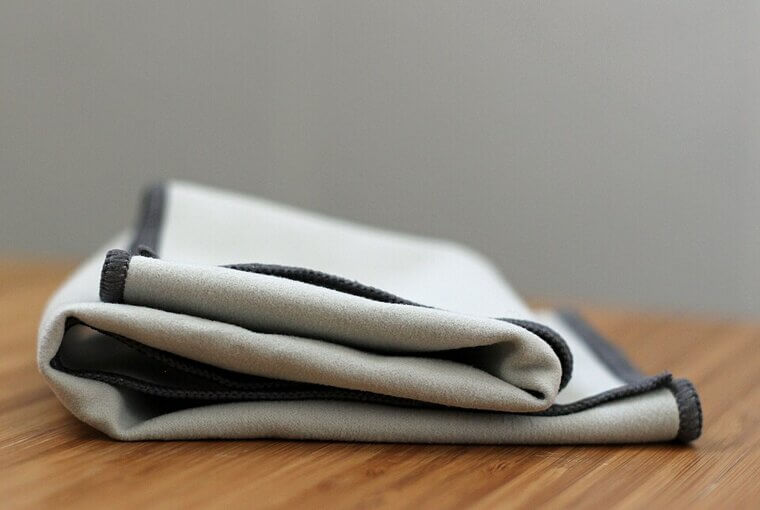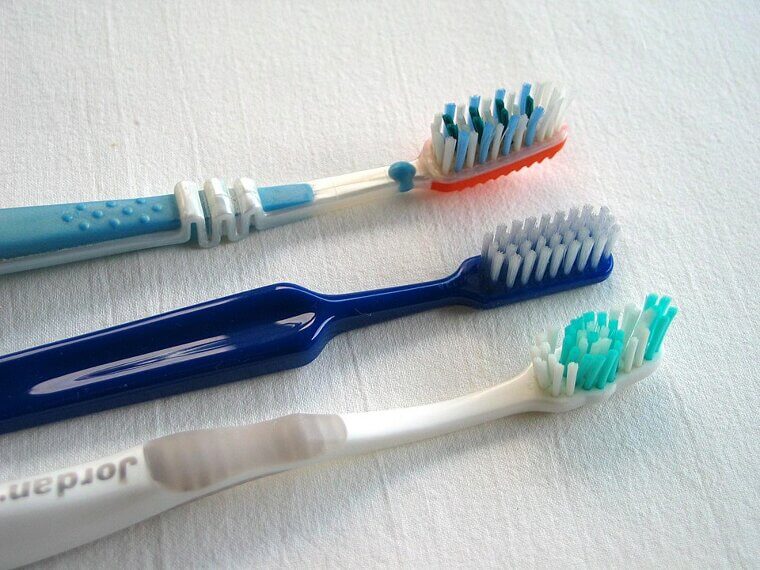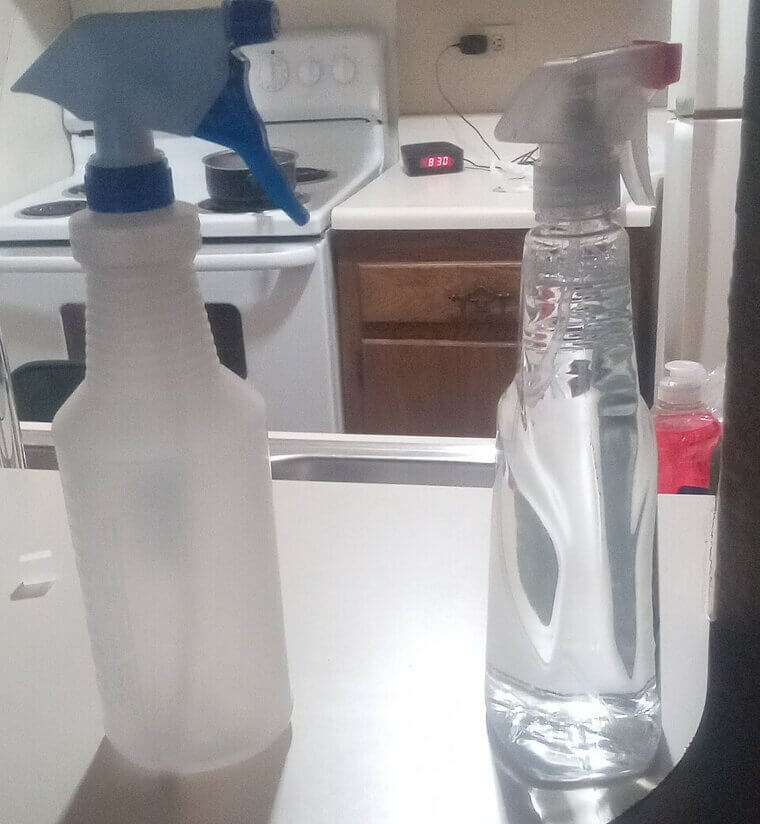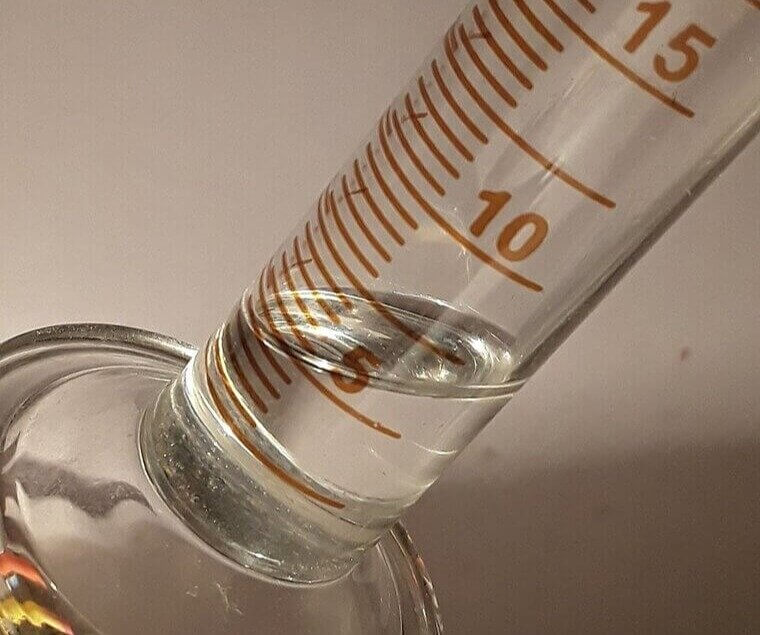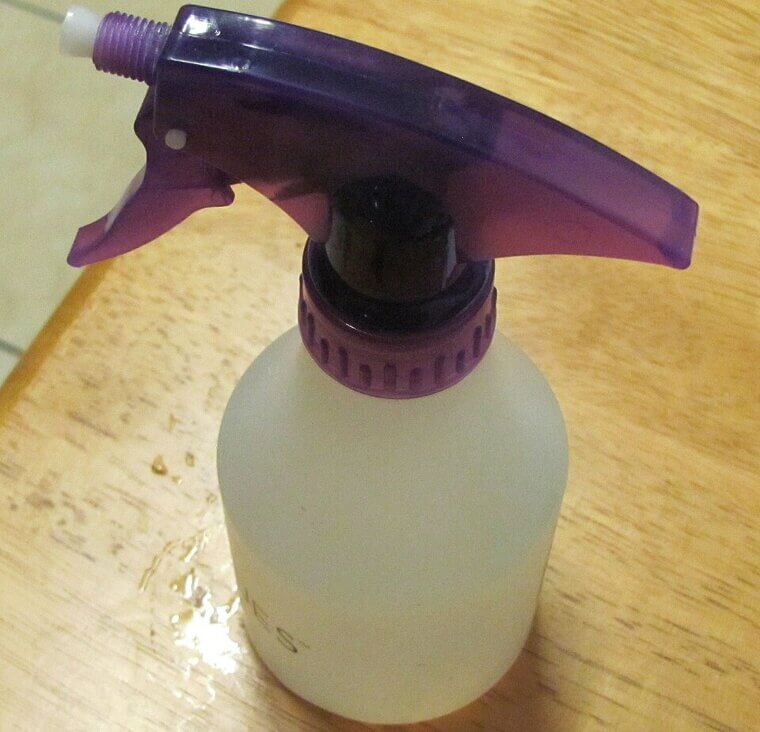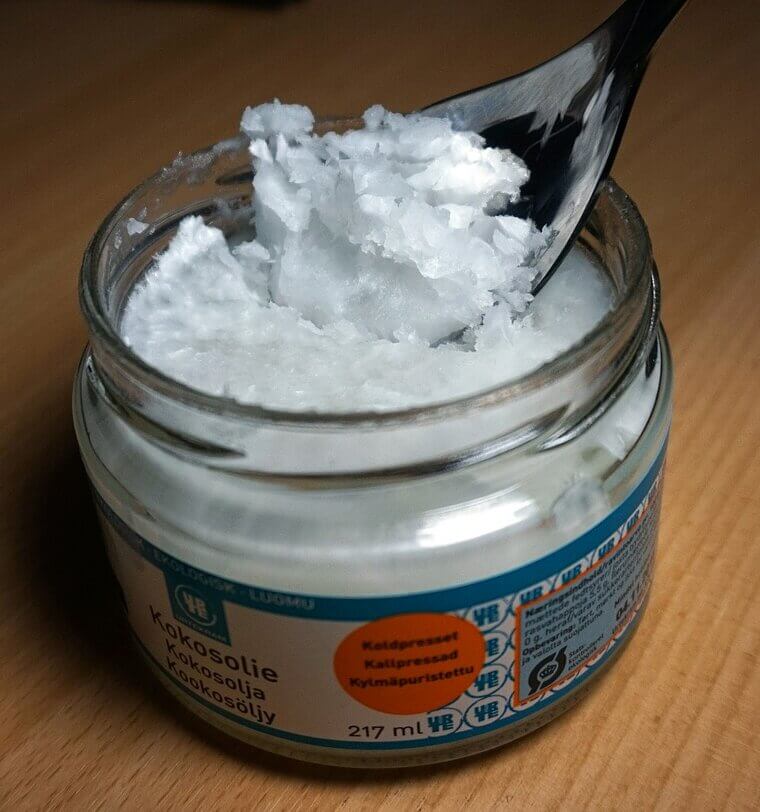Some DIY Hacks Are Too Good to Be True
Who doesn't love the odd DIY cleaning trick — especially when you're sprucing up your car's interior? They can be very useful at times! But there are some hacks that prove too good to be true, leaving you in a spot of bother. Don't worry, though, folks. We're going to outline the DIY tricks to avoid right here.
Cleaning Your Rear View Mirror With Toothpaste
Have you ever tried a toothpaste cleaning hack? Yes? Well, we don't blame you. They sound pretty cool! But here's a word of warning, folks. If you value your car's rear view mirror, don't use toothpaste to remove dirt and grime. Those products contain abrasive ingredients that can actually scratch the glass. Before long, you might need a new mirror.
Wiping Your Dashboard With Olive Oil and Coffee Filters
Dashboards can be a dust magnet inside your car. Keeping them clean isn't always easy. So you might feel compelled to try out this DIY trick — wiping the surface with olive oil and coffee filters. Does it work, though? To a degree. But it's needlessly risky. If any olive oil splashes on to the steering wheel, you could be in trouble.
Using a Homemade Carpet 'Freshener'
Instead of splashing the cash on expensive carpet fresheners, you might consider whipping up a batch of your own. It certainly sounds good in practice. These mixes usually contain corn starch, vinegar, and baking soda. But should you use them on your car's carpets? We wouldn't advise it. They don't always improve the smell and can actually create a bigger mess.
Cleaning the Dashboard With Silicone Protectants
With olive oil and coffee filters off the table, what other tips should you avoid when cleaning the dashboard? Well, here's another one — don't use silicone-based protectants. These products can leave a glossy sheen, which is bad news for your eyes. Do you really want to contend with light reflecting off the dash while you're driving? That's a recipe for disaster.
Clearing the Car Seats With Laundry Pods
When it comes to cleaning your clothes, laundry pods get the job done. So why can't you use them to spruce up your car seats? What could go wong? Quite a bit, actually! These pods contain harsh chemicals that might damage the material. It may lose its color, or even suffer premature wear and tear.
Removing Stains With Bleach
Certain stains in your car can be very hard to remove, so you might seek out stronger cleaners to tackle them. But swerve bleach, folks. Please! These products can be highly corrosive, leaving stains of their own on fabrics. Bleach can also cause major damage to materials in the long run. It's not worth the risk.
Cleaning the Upholstery With Shaving Foam
How's this for a clever-sounding DIY hack? If you want to freshen up your car's upholstery, why not clean it with some shaving foam? In practice, though, this trick is too good to be true. Shaving foam houses mineral oils that could stain the fabric after a few uses. It can make the surfaces sticky as well. Sounds like a nightmare!
Removing Stains With Toothpaste
Remember what we said about toothpaste and mirrors? Well, the same thing applies here! If you're looking for a DIY solution to rid your car upholstery of pesky stains, don't use toothpaste. These products can be extremely abrasive on fabrics, causing lots of damage after repeated uses. So put the tube back in your bathroom cabinet.
Using a DIY Vodka-Based Cleaner
Crazy DIY cleaning hacks can work on occasion — but this isn't one of them. While most homemade window cleaners consist of water, detergent, and vinegar, some folks look to swap out the latter ingredient with vodka. We're serious! How wild is that? It doesn't seem to be a more effective solution, either. It'll leave an awful smell on your car windows.
Cleaning the Interior With Dish Soap
Is dish soap an effective DIY cleaner inside your car? Not really. These products are strong enough to remove stains and greasy marks, but they can do the job a little too well. Yes, the chemicals could strip your vehicle's fabrics of their protectants, leading to premature wear and tear.
Using Harsh Brushes
Harsh brushes can be very useful if you're tackling a tough mark or stain. But should you use them inside your car? Absolutely not! The tough bristles could easily damage the more delicate parts of the interior, leaving horrible scratches behind. Go for softer brushes instead, folks — you won't regret it.
Wiping Before Vacuuming
Has anyone ever told you to wipe your car's interior before vacuuming it? If so, it might be wise to ignore that tip. By wiping first, you run the risk of pushing dirt and grime deeper into the fabric. Then, the vaccum has a harder time picking it up. Switch the order for better results!
Dusting With a Toothbrush
As we mentioned earlier, harsh brushes can cause a lot of damage inside your car. But surely toothbrushes are safer, right? Nope! While they might be a handy size to get into the nooks and crannies of your dashboard and steering wheel, the bristles can be really tough. So yes, that means scratches are a possibility.
Using Cleaning Products That Contain Naphthalene
Do you have any cleaning products at home that contain naphthalene? You do? Well, here's some important advice. Don't ever use that stuff inside your car. Not only do you run the risk of damaging the interior, but your long-term health could be impacted, too. It's a pretty hazardous chemical.
Spraying Directly on to the Dashboard
What's the harm in spraying your dashboard with a cleaning product? How else are you supposed to remove dirt and grime? Simple! Just spray a dust cloth and wipe the surface. The cleaner won't leak through any gaps in the dash that way, which is great news for your car's electrical system.
Conditioning Leather Seats With Olive Oil
Here's some important information to remember, folks. Oil is a particularly helpful substance if you're looking to maintain your car's leather seats — but that doesn't include olive oil. It won't improve the condition of the upholstery. Instead, it can create a greasy mess and leave behind a strange scent.
Using Cleaning Products That Contain Benzene
Much like naphthalene, benzene is another chemical to avoid when cleaning your car. Found in certain detergents, it can damage fabric and plastic, while also dulling their colors. On top of that, prolonged exposure to benzene isn't great for your health, either. It could make you very sick.
Overusing Water
There's no denying that water can be a big help when cleaning the inside of your car. It's an effective DIY cleaner all by itself! But here's a tip — don't go overboard. Too much water can be a detriment, especially around any electrical components. Light sprays are the way to go.
Cleaning Leather Seats With Coconut Oil
We wouldn't blame anyone for being intrigued by this DIY hack. Cleaning your car's leather seats with coconut oil? Sounds cool! Is it, though? Not really. Coconut oil can make leather sticky, as well as dull its color. Plus, prolonged use can cause wear and tear to the seat, too.
Through: Scott Ehardt

